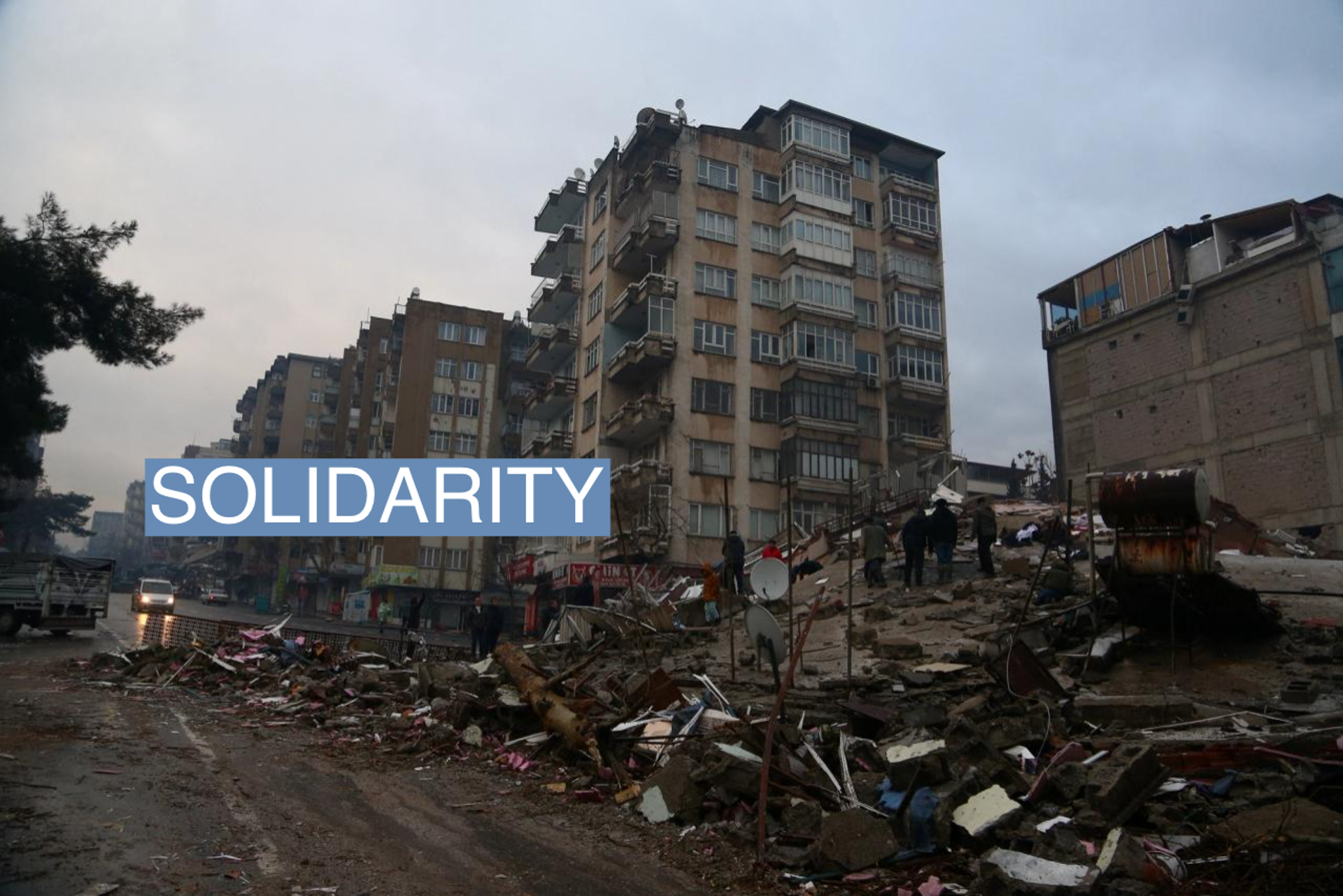The News
Countries around the world have pledged aid to Turkey and Syria after a massive 7.8-magnitude earthquake struck near the Turkish city of Gaziantep in the early hours of Monday.
This has included promises of support from nations that are otherwise on a rocky diplomatic footing with the two countries.

The View From Sweden
Sweden, which has been embroiled in a spat with Ankara over Stockholm’s entry into NATO, offered assistance to Turkey and Syria. Swedish Prime Minister Ulf Kristersson called Turkey’s President Recep Tayyip Erdogan to offer his condolences, Kristersson said in a tweet.
The relief package includes emergency housing and humanitarian aid.
For months, Turkey has blocked a bid by Sweden and neighboring Finland to join NATO, a request the countries made following Russia’s invasion of Ukraine. With Hungary signaling it will approve the applications, Turkey is the sole member that has not voted in favor of the new entries. Since NATO applications require a unanimous vote, Turkey’s refusal to budge would effectively veto the move.
Erdogan has previously said Sweden is too lenient towards the Kurdistan Workers’ Party, a group Ankara designates a terrorist organization. Last month, a protester in Sweden burned a copy of the Quran, prompting further backlash from Turkey.
The View From Greece
Greece has offered extensive aid to Turkey to assist with rescue efforts, including teams of firefighters and special rescue vehicles.
Greece and Turkey have historically fraught relations, but tensions are growing. Turkey has recently increased its military presence in Cyprus, an island divided along Turkish and Greek heritage lines since 1974. In 1996, the countries came to the brink of war over ownership of an uninhabited islet. And last year, Turkey repeatedly violated Greek airspace.
Despite their tensions, Greece and Turkey have partnered in times of natural disaster, sharing resources since at least the 1990s, with each country typically among the first to offer support to the other.
In 2002, alongside the United Nations, the two nations signed a memorandum of understanding agreeing to cooperate when humanitarian aid is required.
The View From Israel
Israeli Prime Minister Benjamin Netanyahu pledged to send medical aid and first responders to Syria, a country with which it is technically at war. Israel is also offering to admit some Syrian patients into its hospitals, Haaretz reports.
Israel has claimed Syria requested their assistance, but Syria denies approaching Israel for help following the quake.
Israel and Syria do not have diplomatic relations, and have fought multiple wars. Israel controls the Golan Heights, a region the country seized from Syria during the 1967 Arab–Israeli War.
The Wall Street Journal notes that this is not the first time the countries have set aside their conflict in times of humanitarian crisis: Israel has treated Syrian patients during the country’s ongoing civil war, and the Israeli military has operated a field hospital in Golan Heights, offering medical aid and equipment.
Notable
- Rich Outzen, a nonresident senior fellow at the Atlantic Council, said the disaster could work to ease some tensions. “Sympathetic and supportive messages from across the region, including Athens, remind us that tragedies can also create a sense of solidarity in times of crisis,” Outzen wrote in a Council blog. “There may be some softening of heretofore tense regional relations in the aftermath and during the recovery process.”